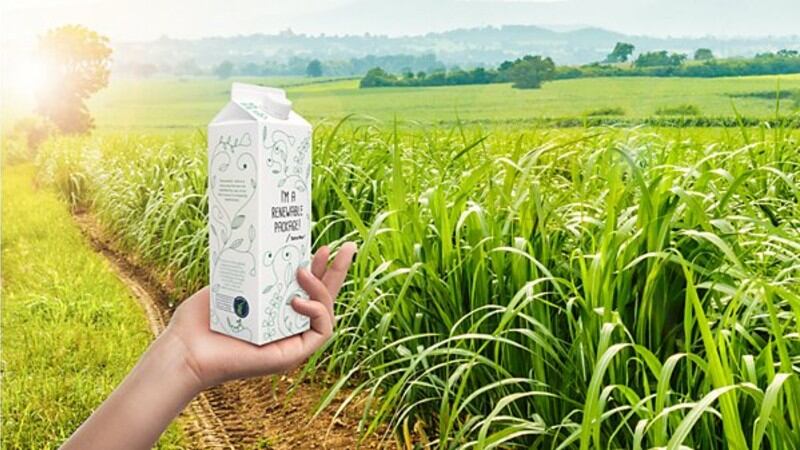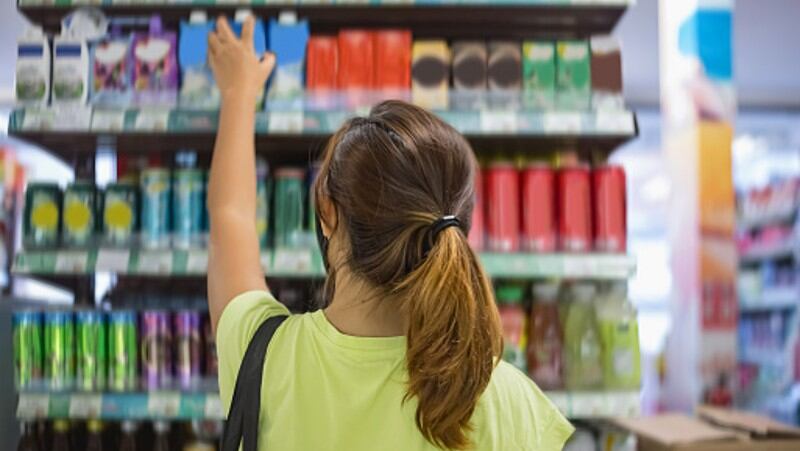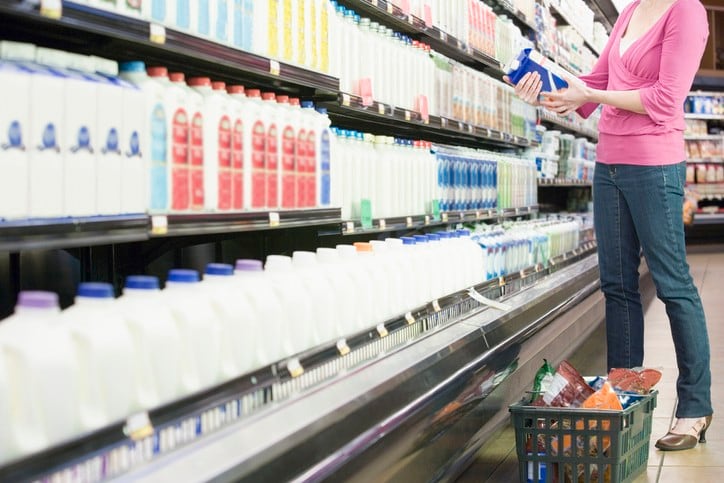In the first part of our exclusive interview with Tetra Pak Global VP of Communications Julia Luscher, she spotlighted the importance of infusing localised elements such as culture and geographical proximity into product packaging in order to drive consumer purchases.
However, she also highlighted that packaging alone will not be enough to attract consumers or influence their purchasing decisions, which require as the products on offer are required to be desirable as well.
“In the past, consumers have tended to be very reactive when it came to their diets or buying food products, but nowadays, they are becoming increasingly proactive and prescriptive especially when it comes to maintaining health or looking and feeling good,” Luscher told FoodNavigator-Asia after presenting at the Food and Beverage Innovation Forum (FBIF) event in Shanghai, China.
“Dietary choices are very prominent here as these empower consumers,. They can make relevant better choices according to their own judgement – and we already know that 70% of consumers feel that the importance of health has risen significantly for them post-pandemic.
“Some crucial areas include boosting the immune system (45%), as well as overall physical and mental well-being (39%). Some products naturally have more functional benefits such as coffee for energy or fruit juice for vitamin C – but today, consumers want much more of such functionalities to boost wellness.
“Already Many brands are already capitalising on these concerns to innovate relevant products – Dabur in India for example has boosted their juices with functional ingredients to cover areas such as heart health and gut health in addition to immunity.”
Another important imperative when it comes to helping consumers feel empowered is in terms of sustainable innovations – particularly as the majority of them believe that it is the manufacturers who should be the ones to make making the major changes.
“Some 61% of consumers we have surveyed in our research have said that food and beverage companies should take the lead in improving and helping environmental issues,” she said.
“Consumers definitely feel empowered when making sustainable purchasing decisions as they feel they are contributing to this major issue. This is also why 79% of consumers see sustainable packaging as a purchase driver and 47% of consumers participate in recycling.
“This is especially obvious here in China where many consumers and businesses see sustainable packaging as a must-have as opposed to a nice-to-have, and this even plays a role in operation costs because less sustainable or recyclable packaging costs more – so there is an additional financial imperative here as well.
“But overall, in APAC, it is pretty clear to see that the whole sustainability movement is much more consumer-driven, all about consumers pushing brands to make that change as opposed to markets such as the EU where this is more mature but mostly regulatory-forward.”
She also observed that health and sustainability trends are coming together and merging in consumer expectations whenever they make purchases, essentially meaning that consumers ‘expect sustainability whenever they buy healthy’, which food brands need to pay attention to.
World’s most sustainable packaging
Tetra Pak has been working for several years now on developing what it calls the ‘World’s Most Sustainable Packaging’, a carton which will be completely sustainable from cap to internal coating.
“The carton cap is what tends to be made of plastic and thus not compostable in most cartons today, but we have developed a plant-based cap made from sugar cane which can overcome this challenge,” said Luscher.
“There are also many other elements we are considering in the development of this, including the various barriers making up the carton, the use of plant-based versus polymer versus paper-based material, and we want to prioritise circularity.
“It is of course crucial to consider food safety and shelf stability, to ensure that nothing deviates at all, and no harm will come to consumers at all from switching to this packaging, so it’s not just one element and there is a lot of research going on in our Italy R&D centre to solve all of these concerns.”
Many big brands such as Nestle have also been endeavouring to develop sustainable packaging, and so far have yet to overcome the climate barrier in hot and humid Asia to develop packaging that can withstand the heat and humidity here – but according to Luscher, Tetra Pak is on the way to cracking this enigma too.
“We are actually already in good shape for products that are to be sold and retailed at ambient temperatures, including in Asian weather,” she said.
“But there are of course also a lot of products that have to go through chilled distribution and then enter retail environments that are much warmer, than then that’s where more work is still needed, as we need every element to be in place to ensure that the package maintains sufficient integrity, equivalent to that of normal non-paper packaging.”





